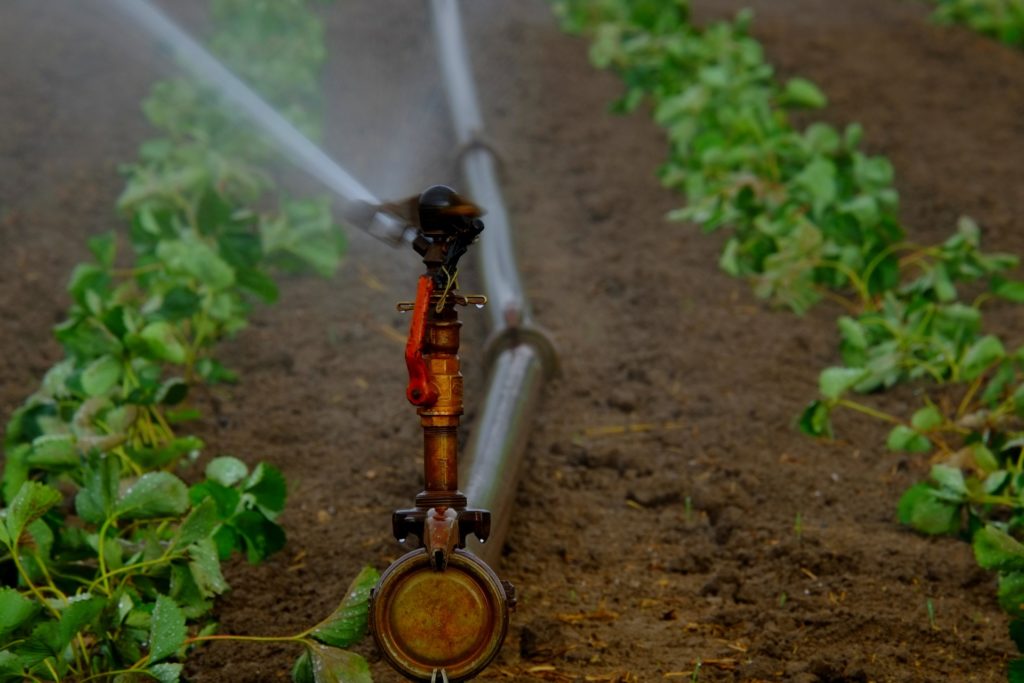
Louisiana is losing our ground water in the underground aquifers.
Louisiana is known for its losing battle against rising seas and increasingly frequent floods. It can sometimes seem like the state has too much water. But the aquifers deep beneath its swampy landscape face a critical shortage. Groundwater levels in and around Louisiana are falling faster than almost anywhere else in the country, according to U.S. Geological Survey data. An analysis by the Investigative Reporting Workshop and WWNO/WRKF traced the problem to decades of overuse, unregulated pumping by industries and agriculture, and scant oversight or action from legislative committees rife with conflicts of interest. Experts warn that all of these factors threaten the groundwater that nearly two-thirds of Louisianans rely on for drinking and bathing. Combined with the expected effects of climate-fueled heat and drought, it puts Louisiana on the brink of a groundwater crisis more common in Western states. “Will restaurants no longer be able to put a giant glass of water on your table when you go in to have your seafood platter?” asks Craig Colten, a Louisiana State University professor who has studied water issues for years. “Will there be limits on how frequently you can wash your car in your driveway or water your lawn?”
npr.org
GULF COAST AQUIFERS AMONG MOST DEPLETED
Aquifers in the Gulf Coastal Plain, which include all of Louisiana’s, as well some in Alabama, Arkansas, Florida, Mississippi and Texas, are experiencing water declines faster than any part of the country other than the High Plains Aquifer, a shallow aquifer system that has been heavily irrigated for decades. The trend line below shows the decline in trillions of gallons.

In Louisiana, agriculture uses over 50% of the water available. The aquifers are not regenerating water to meet the losses. The oil and gas plants also use a lot leaving less and less for home consumers.
When it comes time to flood his rice fields in southwestern Louisiana, sixth-generation farmer Christian Richard just flips a switch. Within seconds, crystal clear water gurgles up a 120-foot well and shoots out a short spout, right into the field. It’s simple, easy and free. “I think that ultimately, rice will be grown in the areas where the water is the cheapest and the most readily available,” Richard says. But the Chicot Aquifer he draws from is losing water faster than it can be replenished. It’s being overdrawn by about 350 million gallons a day. And that’s creating another threat: saltwater intrusion. Louisiana’s oil and gas refineries, paper mills and other industries are other major groundwater users. Our investigation finds they draw more of it than industries in any other state except California. Industry also has an outsized influence when it comes to regulating Louisiana’s water.
While Texas has 98 water commissions, Louisiana has 2 and many of the members have have businesses in the regulated areas they oversee. A true conflict of interest.
Democratic State Rep. Denise Marcelle has been trying to draw attention to these potential conflicts for years but was told, “‘This is the way we’ve been doing it,'” she says. “They protect the industry and not the constituents, in my opinion.” After this story first aired in Louisiana, Republican Senate Environmental Quality Committee Chairman Eddie Lambert said he was concerned about the issue. He said he may look into the problem and supports a “comprehensive study” that examines Louisiana’s groundwater supply. “Pristine drinking water should not be used by industry or agriculture,” Lambert said. Louisiana’s Department of Natural Resources technically oversees water, but spokesman Patrick Courreges says it can’t do much. “We feel like we’re right up against the edge of our regulatory authority,” he says. “We’re doing the best we can with what we’re empowered to do.”
State inaction has left innovation to the local areas. One such local innovation was by West Monroe who had a paper plant which used a lot of water, from the aquifer.
Twenty years ago, the small, northern Louisiana town of West Monroe started running out of water. The biggest user was the local paper mill, which also happened to be the biggest employer. “People can’t see the aquifer,” says Terry Emory, the city’s environmental quality manager. “You can’t convince people in Louisiana that they’re going to run out of water, because everywhere they look, they see water.” Emory and other local officials came up with a plan. They set out to expand their sewage treatment plant so it could provide water for the mill, and save the aquifer for local residents.” It cost $20 million in federal and state grants, and took years to build. But now they’re turning wastewater into usable water — a crisis averted. Mark Davis, director of Tulane’s Center for Environmental Law, says small towns like West Monroe wouldn’t be forced to come up with expensive solutions like this if the state actually had laws that protected the groundwater. He chairs a state committee the Legislature tasked with rewriting the state’s water code more than five years ago. It has yet to make any formal recommendations.Davis says instead of leaving it to “individuals and fate” Louisiana needs laws, as other states have, to protect groundwater. “Someone should be accountable for the job.”
In short, we can’t trust the state to protect water so it is up to us to not only save water but to come up with innovative ways to keep pristine water for homes and dirty water for industry.



